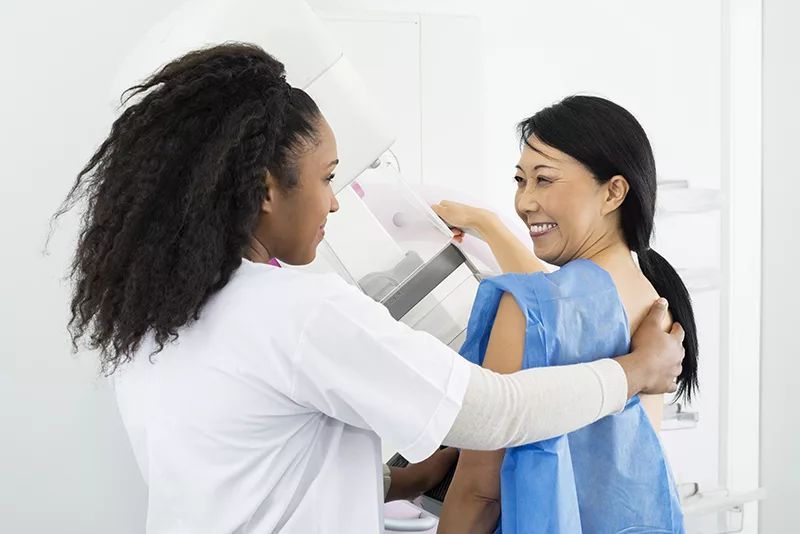
Tests for cancer are very important for finding it early, which greatly improves the chances of treatment success and life. Regular screenings can find problems or dangerous cells before they show any signs, so action can be taken right away. Early discovery often means more reasonable treatment choices, better results, and a better chance of fully recovering.
Understanding the Basics: What Are Cancer Screenings?
During cancer checks, different medical tests are used to look for signs of cancer before they show up. Imaging tests like mammograms, colonoscopies, and Pap screens can be part of these screenings. Blood tests that look for signs linked to certain cancers can also be part of these screenings. The goal is to find possible problems early on, when they are easier to treat, so that people who are at risk have a better chance of a good outcome.
Tailored Approaches: Screening Frequency Guidelines
How often you get screened for cancer depends on your age, gender, family history, and other personal risk factors. It is very important to talk to your doctor about making a custom test plan that fits your health needs. Common cancer tests, like those for breast, cervical, and bowel cancer, usually begin at certain ages. However, these rules may need to be changed depending on the person’s situation.
Breast Cancer Screenings: A Woman’s Shield
For women, getting regular scans is one of the best ways to find breast cancer early. The American Cancer Society says that women with a normal chance of getting breast cancer should start getting screened for it with a mammogram at age 40 and keep doing it every year after that. On the other hand, different ideas may be suggested based on things like genetics or family background. Find a mammography screening near you
Colorectal Cancer Screenings: Nipping Problems in the Bud
Colorectal cancer checks, like colonoscopies, are very important for finding growths that could turn into cancer or cancer in its early stages in the colon or rectum. Most guidelines say that people with an average risk should start getting regular screenings at age 45. People with a family history of the disease or other risk factors, on the other hand, may need to be screened at a younger age or more often. Find a colon screening near you
Proactive Health Maintenance: Beyond the Guidelines
It’s important to follow the rules for screening, but it’s also important to pay attention to your body and check for any strange signs right away. A complete plan for maintaining health includes checking in with doctor on a regular basis, being aware of changes in your body, and being honest with your healthcare providers.
During National Cancer Prevention Month, don’t just see cancer checks as medical processes; see them as steps you can take to protect your health. People can greatly lessen the effects of cancer on their lives by knowing how important early diagnosis is and following custom screening guidelines. A dedication to preventative health upkeep and talking to medical professionals are important parts of this all-around approach to well-being.


